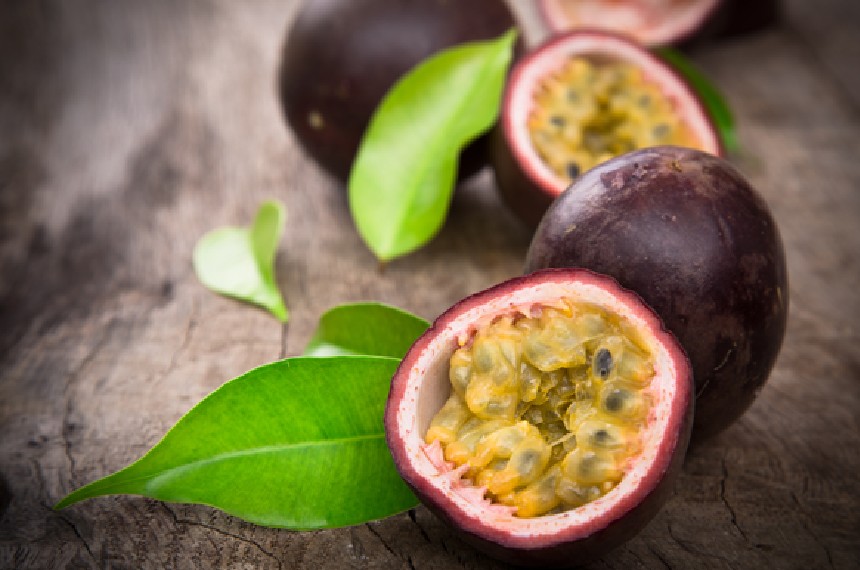Passion Fruit (Passiflora)
A unique plant and fruit known for its beauty and taste is the passion fruit.

A unique plant and fruit known for its beauty and taste is the passion fruit. Passion fruits can be found in a wide variety of products, ranging from popsicles to health and skincare products.
Besides its special aroma, does passion fruit also have health benefits? Let's begin by noting that the benefits of passion fruit are found in the fruit, flowers, and leaves. In modern herbal medicine, the primary role of passion fruit is to calm situations arising from excessive nervous activity. Passion fruit is soothing in cases of restlessness, anxiety, and prolonged stress. It also aids in inducing sleep in cases of insomnia and can help in situations of hyperactive behavior. It may also be beneficial for those suffering from high blood pressure.

Passion fruit contains various vitamins and minerals but is especially high in Vitamin C, which makes it a fruit that supports strengthening the immune system. Even the seeds play an important role in maintaining health. They are rich in water-soluble dietary fibers, which have a significant impact on the digestive process. For example, they help speed up evacuation in cases of constipation, provide a lasting feeling of fullness - aiding in treating overeating, and absorb sugar and cholesterol, thus helping to reduce their levels in the blood and preventing diabetes and cardiovascular diseases.
Even the juice of the fruit contains substances that promote digestion and, ultimately, help cleanse the digestive system. You can buy the fruit, and in warm areas, you can even grow it, though it is a climbing plant that needs a fence to support itself. It grows very quickly and can sometimes cover a fence within a year. The fruit is also special in its harvesting. Many do not know that the fruit is eaten when its skin is dry. You don’t actually need to pick it because when it's ripe, it falls. You can shake the bush to expedite the falling process and then gather the fruit from the ground. You can cut it in half and eat its contents with a spoon, including the seeds. As mentioned, both the leaves and flowers of the passion fruit can be used. Place a teaspoon of leaves in a cup, pour boiling water, wait about 10 minutes, then strain and drink. Note that the juice is not recommended for pregnant and nursing women. Additionally, because the plant can relax and induce sleep, the infusion should not be consumed before driving.
Eliahu Shechter is an iridologist and natural therapist

